Turks in Germany criticize Armenian 'genocide' motion
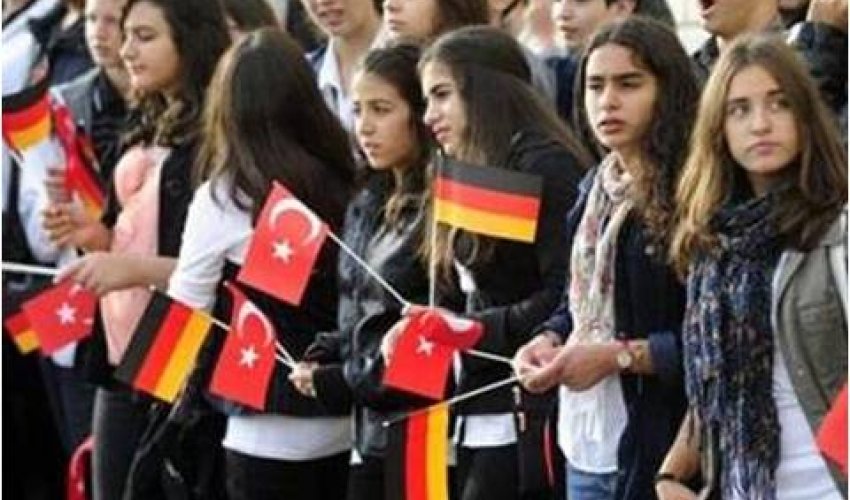
The Turkish-German community has strongly criticized a controversial German draft parliamentary motion to support Armenian claims over the 1915 incidents in the Ottoman Empire and warned that such a move may further alienate Turkish immigrants in German society.
Bekir Yılmaz, director of the Turkish Community in Berlin (TGB), said at a press conference in Berlin on Wednesday that politicizing the 1915 events undermined reconciliation efforts between Turks and Armenians and also contributed negatively to the integration of Turkish immigrants into German society.
"How many lawmakers really have a comprehensive and deep knowledge of history that qualifies them to make such a judgment of history?" Yılmaz asked.
"Such decisions must not be made by parliaments. This should be the work of historians and courts," he said.
Yılmaz urged lawmakers to refrain from politicizing the debate based on one-sided views, but facilitate the reconciliation process between Turkey and Armenia by arranging experts and politicians from both countries to sit at the table.
The TGB has organized a major rally for this coming Saturday along with 14 other nongovernmental organizations to call on German lawmakers to stop the motion.
The German government announced Monday that it would support a draft parliamentary motion to define the relocation of Armenians in the Ottoman Empire in 1915 as "an example for the history of forced deportations and genocides in the 20th century."
The move marked the first time that the German government had used the word "genocide" when referring to the forced relocation of Armenians in 1915.
It came three days after Pope Francis reiterated the Vatican's stance on the 1915 events, and was joined by calls from the German Protestant and Catholic Churches to label the tragedy as genocide.
Yılmaz, who spoke in German at the press conference, said that the motion was based on a one-sided account of history to back the Armenian allegations, but did not take into account the civil war conditions at that time, alleged massacres by armed Armenian groups that sought independence from the Ottoman Empire and the suffering of hundreds and thousands of Ottoman citizens from other ethnic and religious groups.
Dr. Ali Söylemezoğlu, director of the Dialogue for Peace, a Turkish association that carries out academic studies on the tragedies of 1915 and reconciliation efforts, also criticized the motion.
"The European public is falsely informed about the incidents of 1915. It was like a civil war, murders were committed on both sides," Söylemezoğlu said.
He claimed that archive documents from countries outside of Turkey, including the U.S. and Germany also rule out genocide or any systematic killings of Armenians.
He also said that statements by Johannes Lepsius, a German Protestant who became a missionary in the Ottoman Empire, showed that Armenians were "victims of policies" of world powers at that time.
"Lepsius himself said that Armenians became the victims of policies of Russia and Great Britain. Armenians became a pawn in international politics," Söylemezoğlu added.
Prime Minister Ahmed Davutoğlu spoke over the phone with German Chancellor Angela Merkel on Tuesday to discuss the motion submitted to the German parliament, deputy government spokeswoman Christine Wirtz said Wednesday.
Wirtz said that Merkel informed Davutoğlu about the German government's position and praised his recent statement in which he paid tribute to the Ottoman Armenians who died in 1915.
"The Turkish prime minister has talked about the joint responsibility of Armenians and Turks, healing old wounds and continuing with the reconciliation process. Chancellor Merkel views this positively," she said.
German Ministry of Foreign Affairs spokesman Martin Schaefer said that Davutoğlu's statement included many lines shared by Germany.
In a statement Monday, Davutoğlu offered his condolences to the grandchildren of Ottoman Armenians who lost their lives during WWI. "During the last years of the Ottoman Empire, many Ottoman citizens from different ethnicities who lived together for centuries in peace suffered great violence.
"We commemorate the innocent Ottoman Armenians and convey our condolences to their grandchildren," Davutoğlu said.
Turkey has called for the establishment of a joint commission of historians and the opening of archives to study and uncover what happened between the Ottoman Empire and its Armenian subjects.
The 1915 events took place during WWI when a portion of the Armenian population living in the Ottoman Empire sided with invading Russians and revolted.
The relocation by the Ottoman state of Armenians in eastern Anatolia following the revolts resulted in numerous casualties. Turkey does not dispute that there were casualties on both sides, but rejects calling it genocide.
(Daily Sabah)
www.ann.az
Similar news
Similar news
Latest news 
More news 
























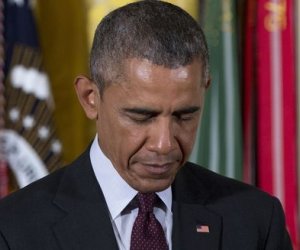

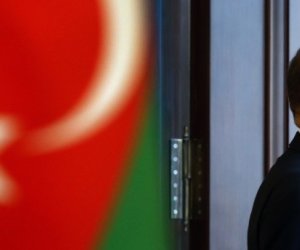
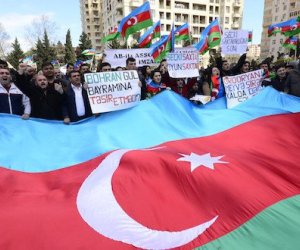

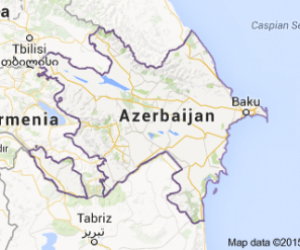

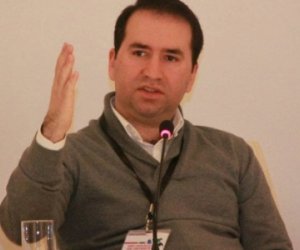
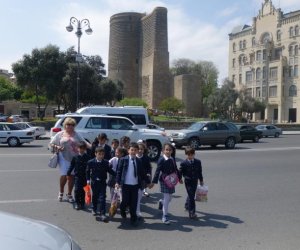


 Photo
Photo 



 Video
Video 

